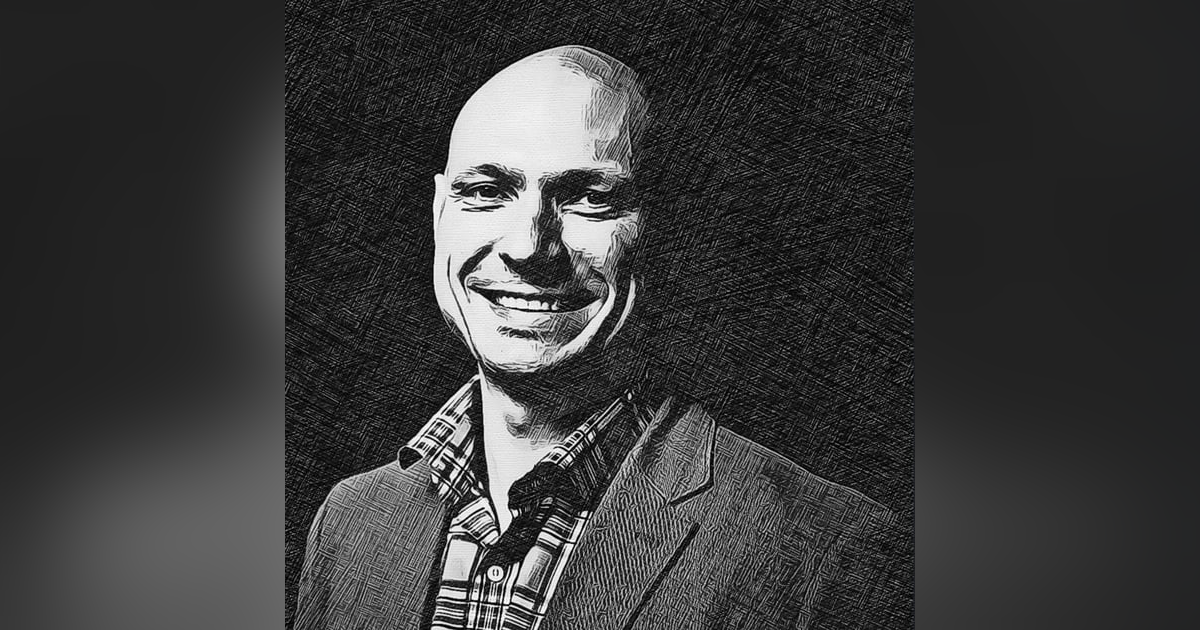#42: Burnout: The bigger picture. With Dr Ivan Zakharenkov

Our guest for today Is Dr Ivan Zakharenkov, or Ivan Zak as he’s better known. Ivan is a veterinarian and an entrepreneur committed to creating products that empower healthcare teams to live their passion.
If you haven’t heard of Ivan then there’s a fair chance that you have heard of, or possibly use his brainchild on a daily basis in your hospital: Ivan was the founder of the now-ubiquitous veterinary software Smartflow. It was Ivan’s personal journey as a practicing veterinarian for 12 years that led to the development of Smartflow, and eventually to his current mission.
Early in his career, Ivan experienced severe burnout, and it was that experience that has led him to explore the psychological triggers of burnout and business methodologies that veterinary organizations can apply to work against them. Researching this topic, Ivan obtained an MBA degree in International Healthcare Management and wrote a dissertation “Implementation of lean thinking to improve employee experience.” Today Ivan is leading Veterinary Integration Solutions, a technology company helping veterinary groups implement an operating framework for sustainable integration of practices with a special focus on burnout prevention.
Our conversation covers some of the highlights of the findings of the burnout study and his thinking about solutions to burnout. What I love about Ivan’s thinking that has flowed from the study is that the focus is not on how we as individuals can get better at preventing burnout - instead it focuses on the causes of burnout at a management and leadership level, and on practical solutions.
Ivan talks openly about his experience with burnout and how to identify it, we discuss the 6 triggers of burnout and strategies to mitigate it, Ivan gives us an inside perspective on how corporate veterinary practice works that might surprise you, and we talk about money and it’s role in job satisfaction and burnout, and much more.
https://vetintegrations.com/
Go to https://thevetvault.com/podcasts/ for the show notes, to get your hands on the answers to ‘the one question’ from our first 20 guests, and to check out our guests’ favourite books, podcasts, and everything else we talk about in the show.
If you want to lift your clinical game, subscribe to our clinical podcast series at https://vvn.supercast.tech for weekly short and sharp high-value clinical updates that you can consume on the go.
We love to hear from you. If you have a question for us or you’d like to give us some feedback please leave us a voice message by going to our episode page on the anchor app (https://anchor.fm) and hitting the record button, via email at thevetvaultpodcast@gmail.com, or just catch up with us on Instagram. (https://www.instagram.com/thevetvault/)
And iff you like what you heard then please share the love by clicking on the share button wherever you’re listening and sending a link to someone who you know will enjoy listening.






